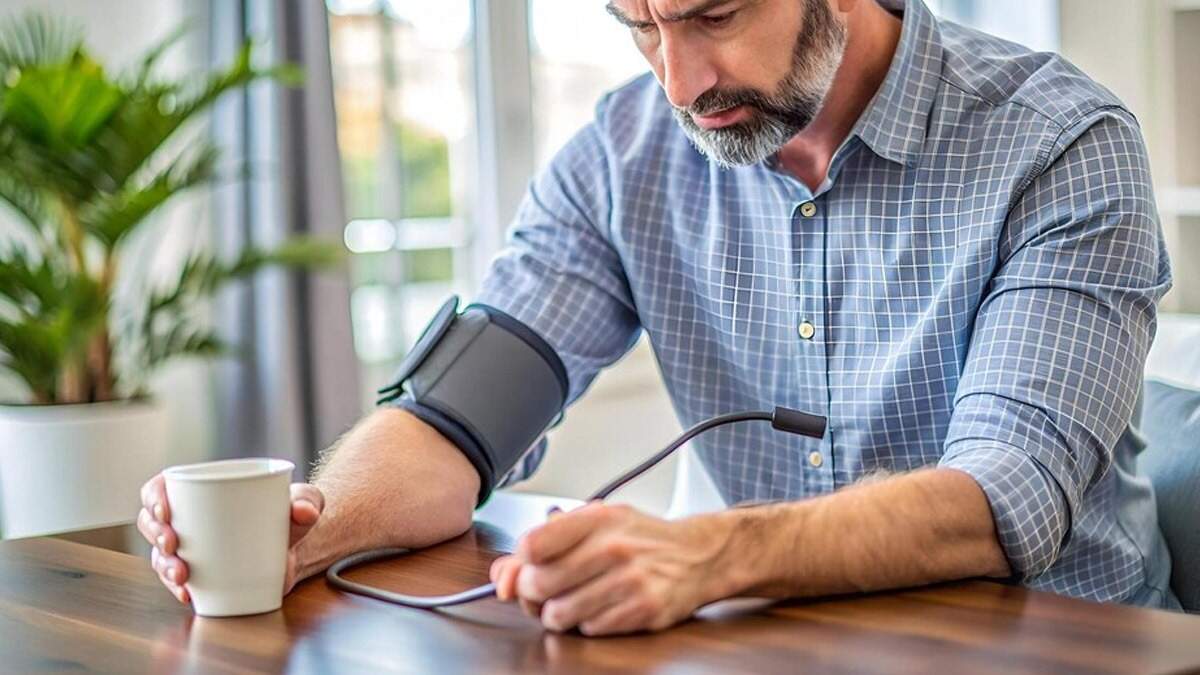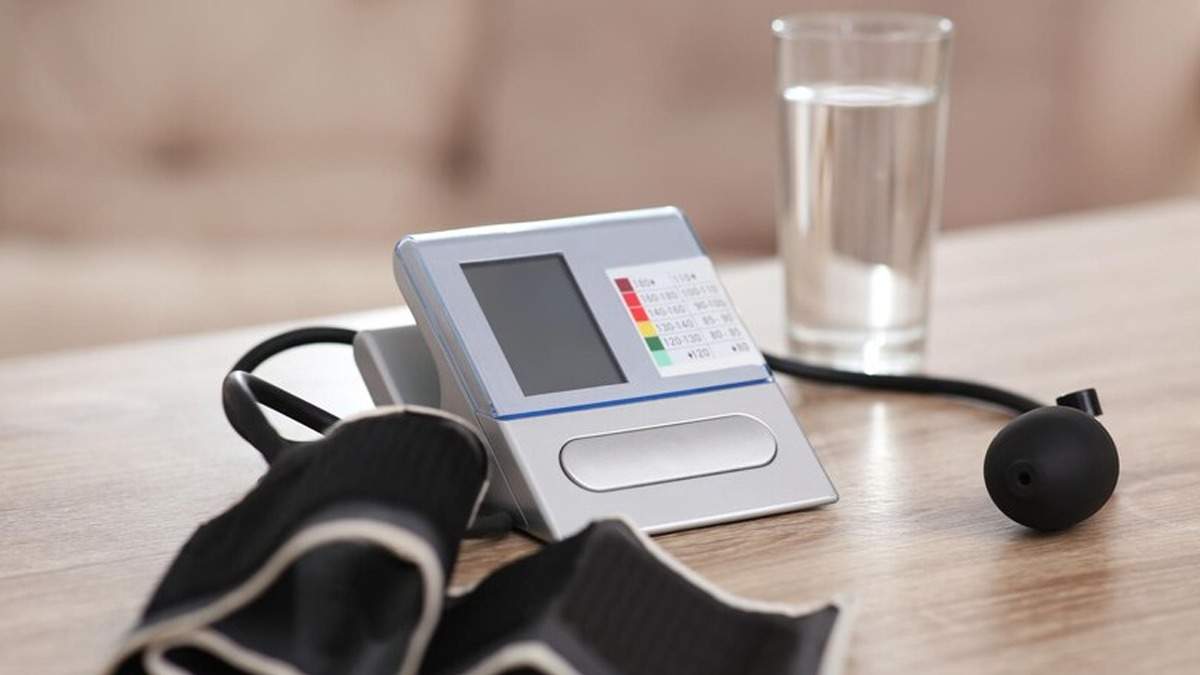How Drinking Water Can Help Control High Blood Pressure
You may have noticed that elders often recommend drinking water whenever a health problem arises. Got a headache? "Drink the water." Feeling dizzy?" Drink water." Constipation? Once again "drink water." This advice is not just a habit; That's because water plays a crucial role in improving your well-being and relieving various discomforts.

You may have noticed that elders often recommend drinking water whenever a health problem arises. Got a headache? "Drink the water." Feeling dizzy?" Drink water." Constipation? Once again "drink water." This advice is not just a habit; That's because water plays a crucial role in improving your well-being and relieving various discomforts.
Even among young people, heart health has recently become a significant concern. Reports of young individuals experiencing heart attacks have understandably alarmed many. While this article does not claim that drinking water alone can prevent heart attacks, it does explore how staying hydrated can help control risk factors that contribute to heart disease, such as high blood pressure.

Why you should drink water when you have high BP
"Drinking water helps manage high blood pressure by promoting overall cardiovascular health," says Dr Rasalkar, adding that proper hydration supports the efficient functioning of the heart and blood vessels. As discussed, water helps maintain blood volume and viscosity, which can help control blood pressure. Conversely, insufficient hydration can lead to high blood pressure, making the heart work harder, which can contribute to increased blood pressure.

While high blood pressure, or hypertension, is a silent killer, it can show subtle signs. This includes:
- Severe headache
- Chest pain
- Dizziness
- Difficulty breathing
- Nausea
- Vomit
- Blurred vision or other vision changes
- worry
- Bleeding from the nose
- heartbeat
How much water should you drink?
Recommended water intake varies from person to person, but a general guideline is to drink about 8 glasses (2 liters) of water per day. "For individuals with high blood pressure, it is important to stay well hydrated, but it is also important to follow the individual advice of a healthcare provider," advises Dr Rasalkar, adding that the exact amount depends on factors such as age, weight, overall health. , and other medical conditions.
Avoid excessive water intake
When we asked if drinking too much water could have negative effects on the body, the doctor agreed, saying that drinking too much water can lead to a condition called hyponatremia, or water intoxication, where sodium levels in the blood become too thin, which can potentially cause Dangerous health problems, including affecting cardiovascular function.
